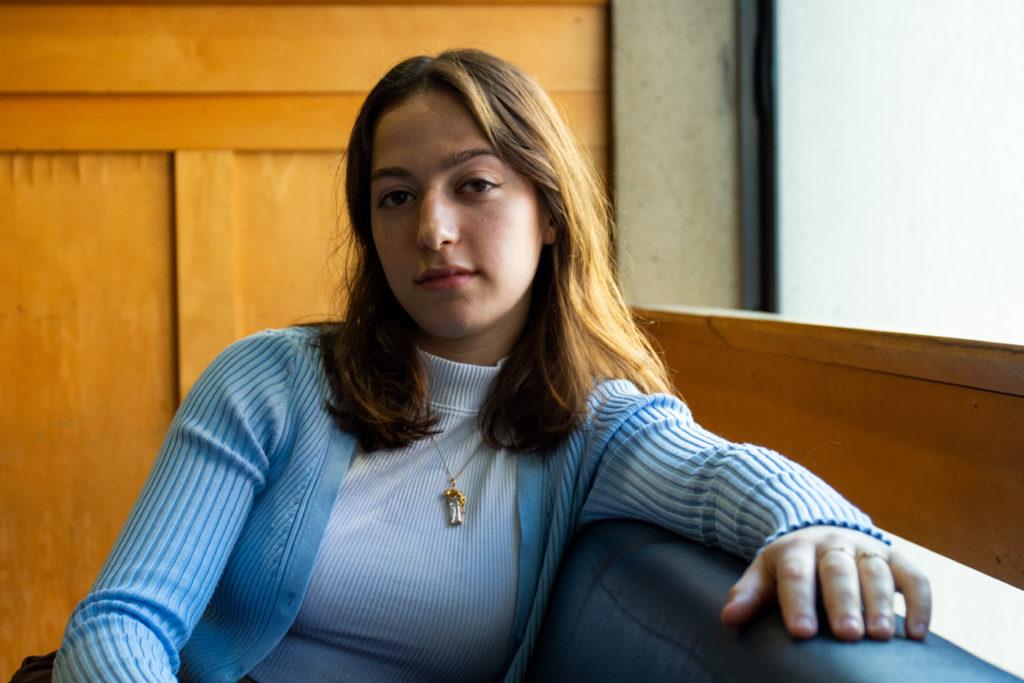The Student Association Senate will vote on an executive order that will create two special councils to advocate for Jewish and Muslim students if approved during a senate meeting Monday.
The Justice at GW Initiative executive order will create the Council of Jewish Student Experience and the Council of Muslim Student Experience because the University “has room to grow” in terms of providing Jewish and Muslim students support. The order — which was created by SA President Arielle Geismar, SA Vice President Demetrius Apostolis and SA Sen. Ethan Fitzgerald (CCAS-U) — states that each council will consist of 10 to 18 members and will meet with administrators including University President Ellen Granberg, Dean of Students Colette Coleman and a leader from the Multicultural Student Services Center to ensure all students feel “safe and heard” on campus.
Geismar said GW has become an “international lightning rod” as third-party groups have interfered in campus life, putting the University “in crisis.” She pointed to the truck that arrived to campus last week displaying the names and faces of students involved in a pro-Palestinian coalition.
She said she has heard from students that they felt the councils will be beneficial and it is “beyond time” to elevate student voices and give them “direct access” to University administrators, who support the councils’ creation. Geismar said she has heard anecdotes from Jewish, Muslim, Arab and Israeli students who said they feel unsafe on campus following “numerous incidents.”
“Advocating for the safety for both Jewish and Muslim students on campus is a necessary component of the battle against hate on campus and in our student community,” the order reads.
The order states that each council will receive $1,000 of Geismar’s executive budget to conduct surveys of students to gather data to back up their findings on what change students want the University to create to bolster their requests to administration. Both councils are also required to host a cultural celebration event like hosting a guest speaker or holding a celebration to highlight traditions, customs and values of each council before March 2024, per the order.
The creation of the two special councils follows rising tensions on campus after the outbreak of the Israel-Hamas war in October. Student groups have hosted vigils, protests and walkouts in support of both Israelis and Palestinians. Geismar said the new councils will provide student advocates with a direct voice to University administration to further help them advocate for change.
“This is in every way meant to supplement the student activism, organizing and networking already happening on campus, not replace it,” Geismar said. “Students have created such a strong community, and this is meant to bolster the work students are already doing.”
The order states that students will be allowed to apply to be potential commissioners — who lead the council — and councilmembers. Geismar said in choosing potential members, her team is looking for students whose lived experiences correlate with the councils’ goals.
In accordance with the Collaboration Act the senate passed earlier this year, each council will hold two commissioners — one chosen by the SA president and one by the senate. All four will be approved by the senate, and once commissioners are appointed, they will work with the Deputy Secretary of Faith and Religious Justice Persia Zurita, per the order.
Geismar said the two councils will replace the anti-semitism task force former SA President Christian Zidouemba spearheaded in early 2023 during his term as president. She said under the new councils, students will be able to directly advocate to University administrators, instead of student leaders expressing opinions for the students.
“Rather than expressing students’ beliefs to administration, I wanted to create an avenue that allows students to platform their own voice and show that directly to admin,” Geismar said. “There’s such a large variety of students who need to be heard by administration.”




